Global Policy and Access Summit 2023
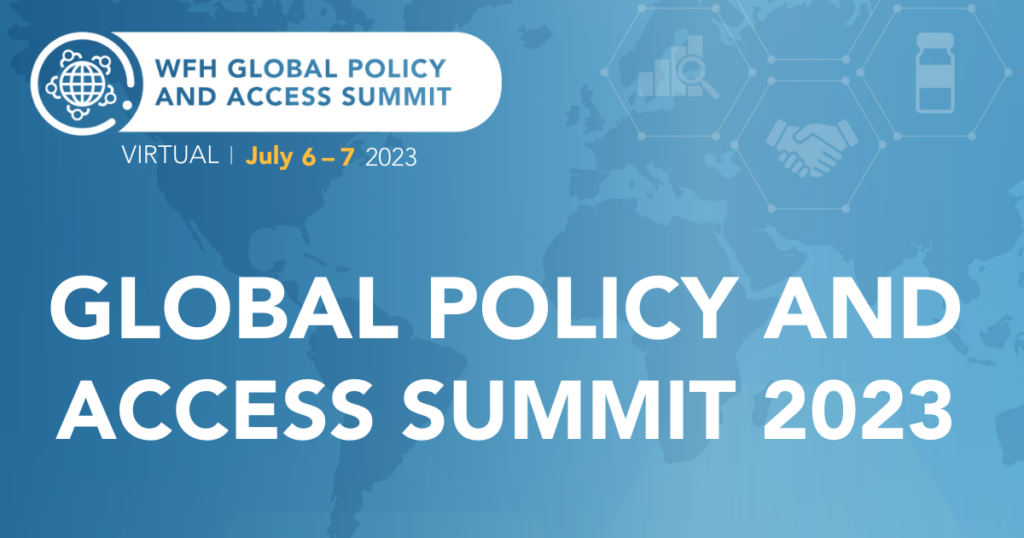
The presentations and discussions of the third edition of the WFH Global Policy and Access Summit (GPAS) center around increasing access to diagnosis, treatment and care for people living with bleeding disorders. These include speakers from local and international partner organizations, national government representatives, healthcare professionals, WFH NMO leaders, and bleeding disorders advocates. The WFH […]
Global Policy and Access Summit 2022
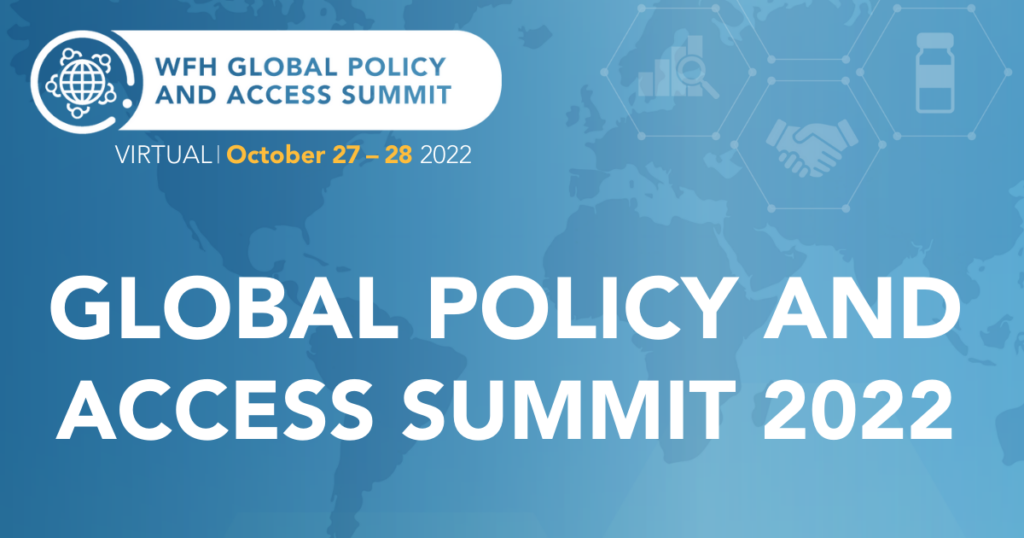
The presentations and discussions of the second edition of the WFH Global Policy and Access Summit (GPAS) center around improving care and access to treatment. They include speakers and participants from local and international partner organizations, national government representatives, healthcare professionals, WFH NMO leaders, and bleeding disorders advocates. The WFH does not engage in the […]
WFH Guidelines for NMO Capacity Development
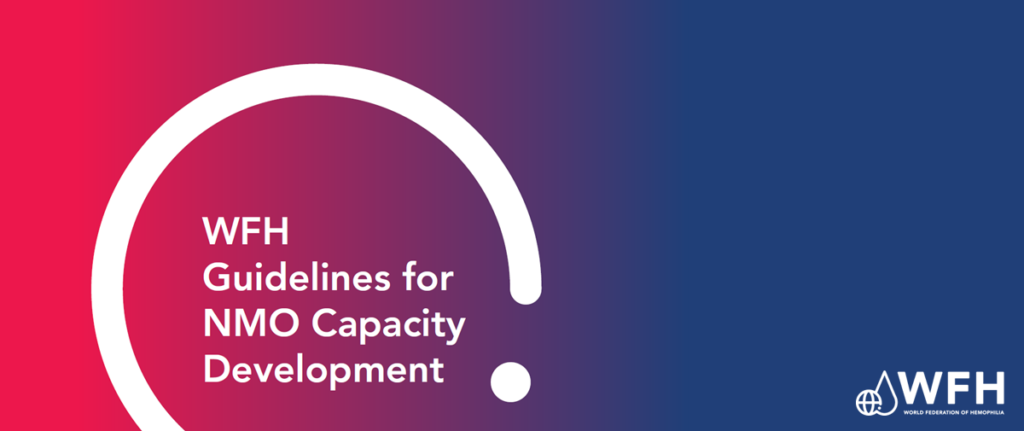
The WFH Guidelines for NMO Capacity Development were created to provide clear benchmarks and a framework for regular assessments to support NMOs in developing their capacities based on best practices in key organizational development areas. The guidelines offer a systematic and participatory approach to organizational capacity development based on a framework for capacity development. It […]
Planning and Initiating Projects: A Guide for Emergent NMOs
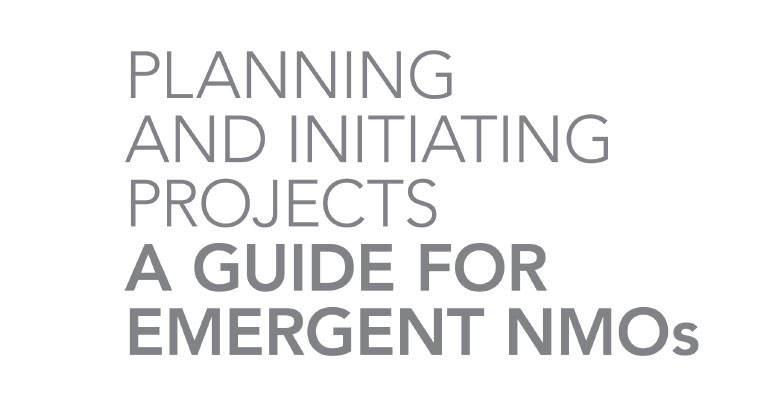
Volunteer team members, and their beneficiaries, often have differing opinions on what projects should be of highest priority for an organization. It is essential to reach agreement on your priorities in a relatively quick and efficient manner and to coordinate the team’s energies, in order to be the most effective. This guide provides strategies for […]
Hemophilia Patient Organization Self-Assessment
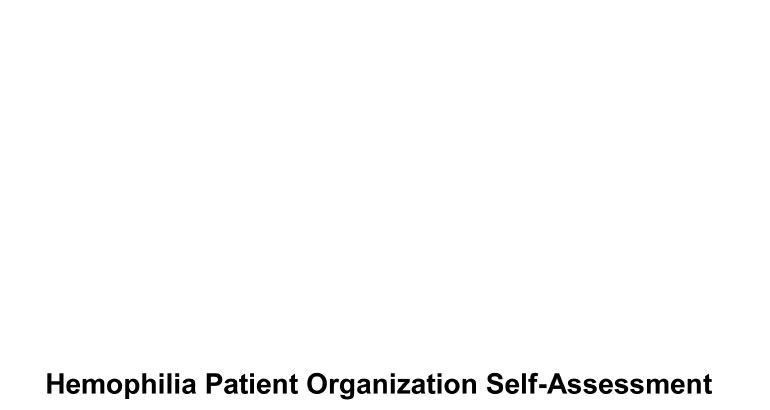
A self-assessment is a useful exercise for organizations to take a closer look at what they do and how they do it. The process can help identify strengths and weaknesses and guide strategic planning. In 2011, the WFH developed this self-assessment specifically for its national member organizations (NMOs). It features a scoring system to evaluate […]
Hemophilia Societies: Challenges and Development
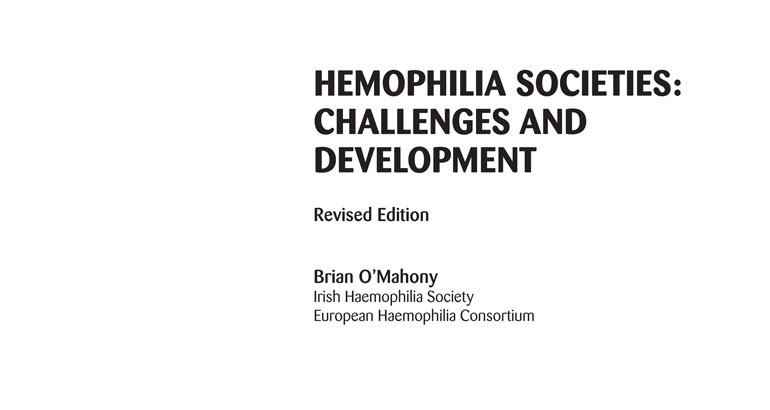
Outlines the common challenges faced by hemophilia societies at various stages of development and offers practical solutions to help these organizations meet the needs of people with bleeding disorders.
An Introduction to Key Concepts in Health Economics for Hemophilia Organizations
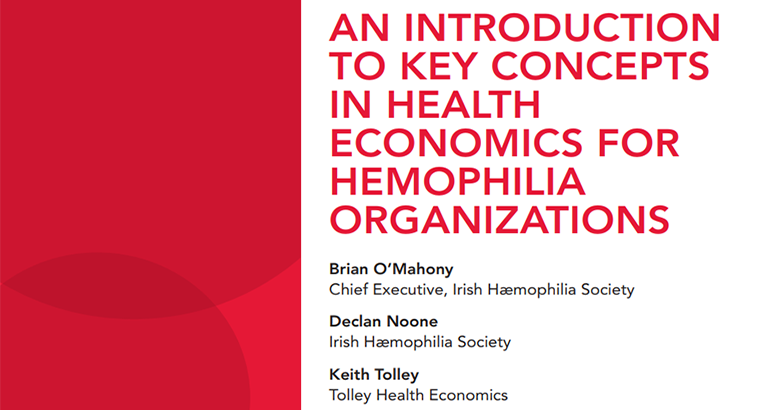
This publication aims to help patient organizations develop an understanding of health economics and advocate on issues relating to the economics of hemophilia care.
Action Planning
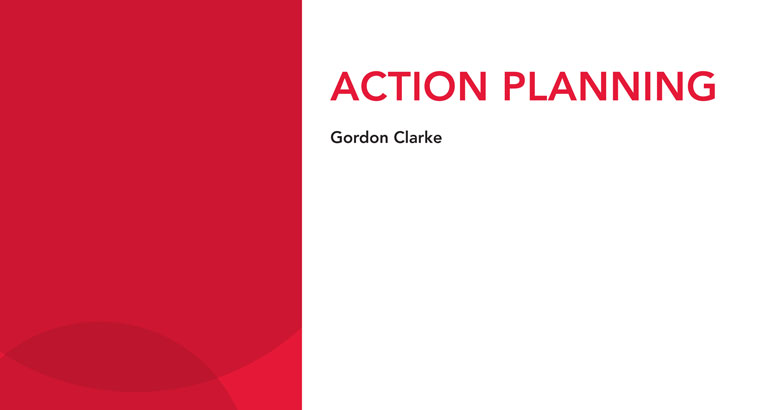
An effective action plan helps organizations, and charitable organizations in particular, achieve results: monitor progress, maintain control, give people responsibility, strengthen accountability, and build greater teamwork through a sense of involvement.
Media Relations
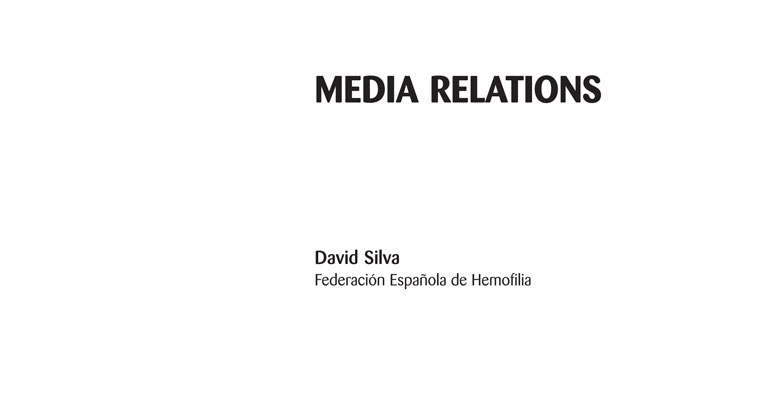
Hemophilia organizations may not have the resources to hire a communications professional or fund an ambitious communications and media strategy. However, all can benefit from forming a relationship with the local and perhaps even national media.
Group Dynamics and Team Building
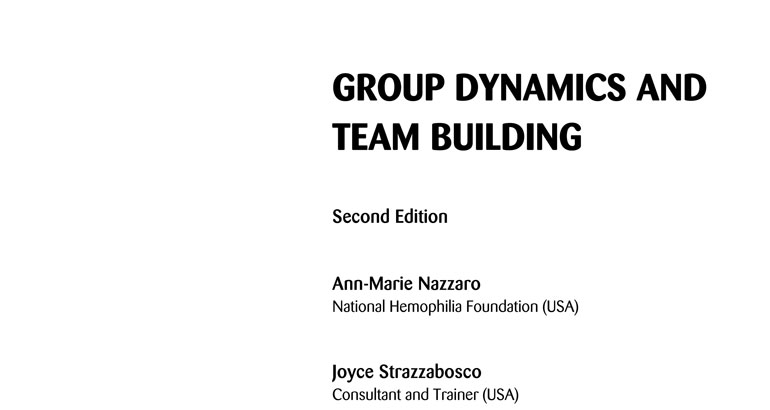
An overview of the theories and techniques related to group dynamics and team building. Includes a description of the stages of team development, suggestions for achieving group consensus, and instructions for facilitating two team-building activities.
Developing and Sustaining an Effective Lobbying Campaign
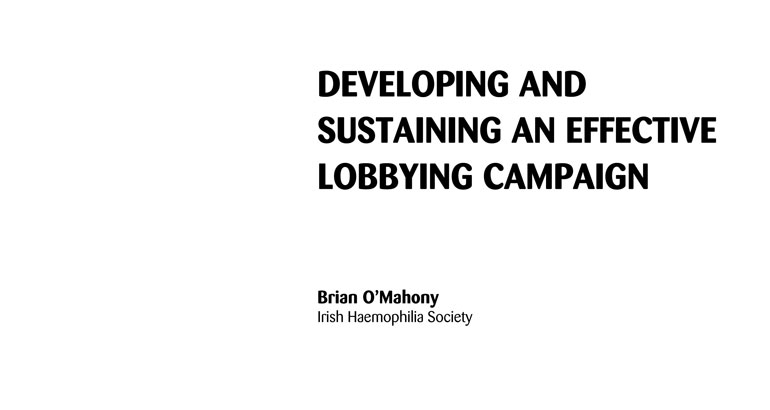
A hemophilia organization can advocate for change with doctors, hospitals, health authorities, government officials, or politicians. This publication outlines the various steps in putting together an integrated lobbying strategy.
Good Governance
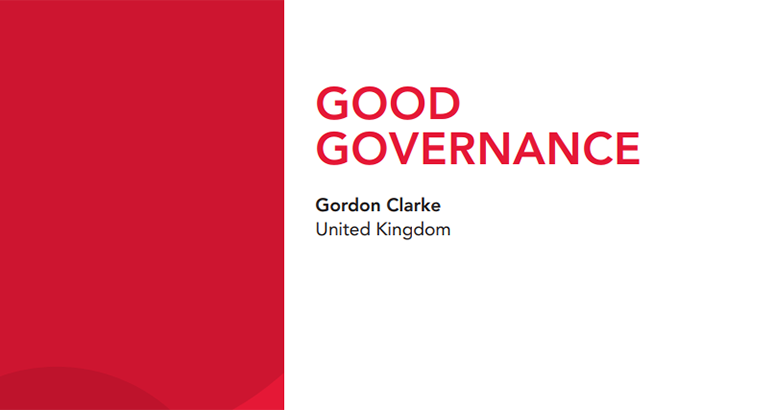
Not-for-profit organizations like hemophilia organizations need to perform to a very high professional level in order to meet the standards set by governments, regulators, industry, and others with whom they associate.
